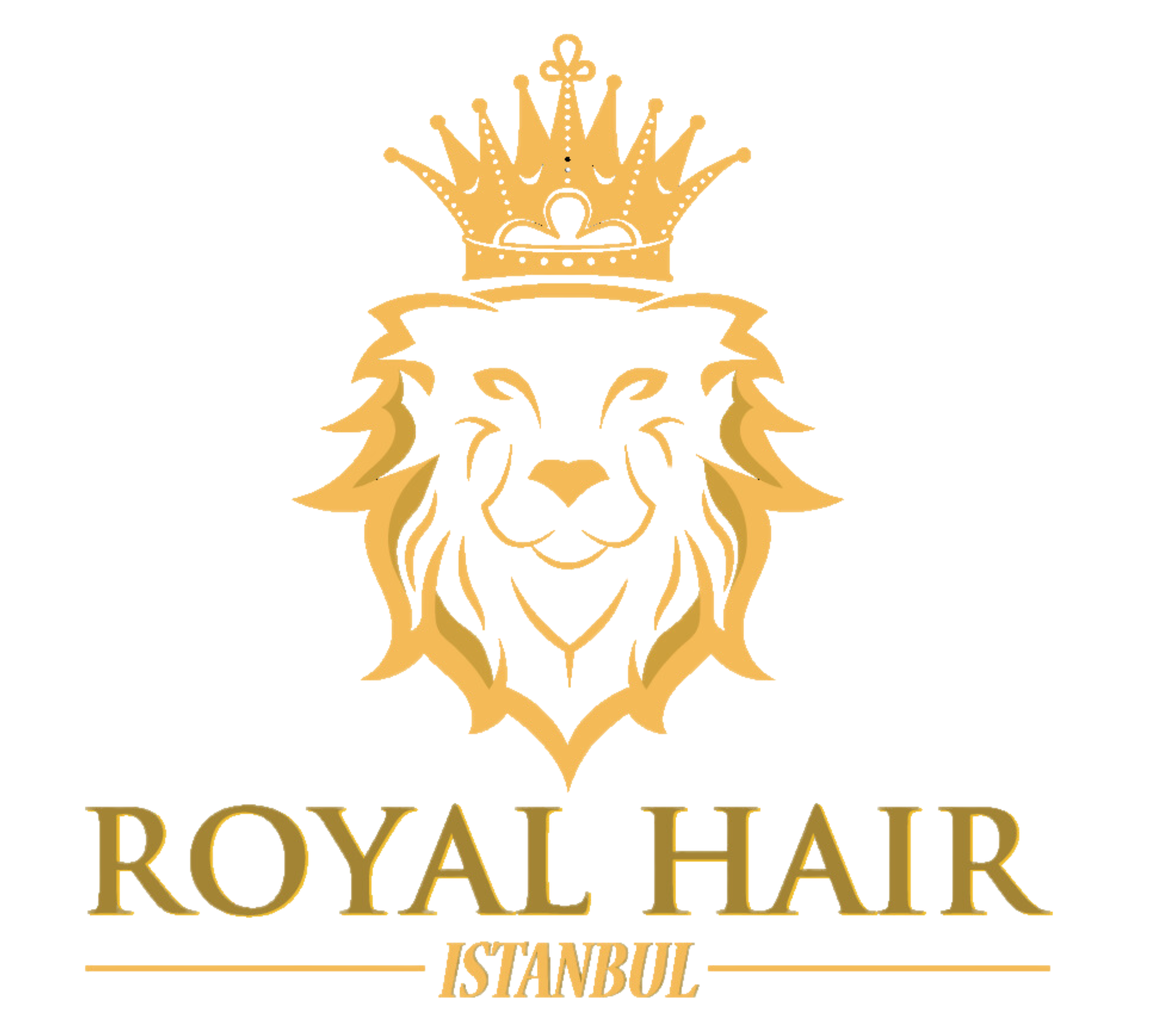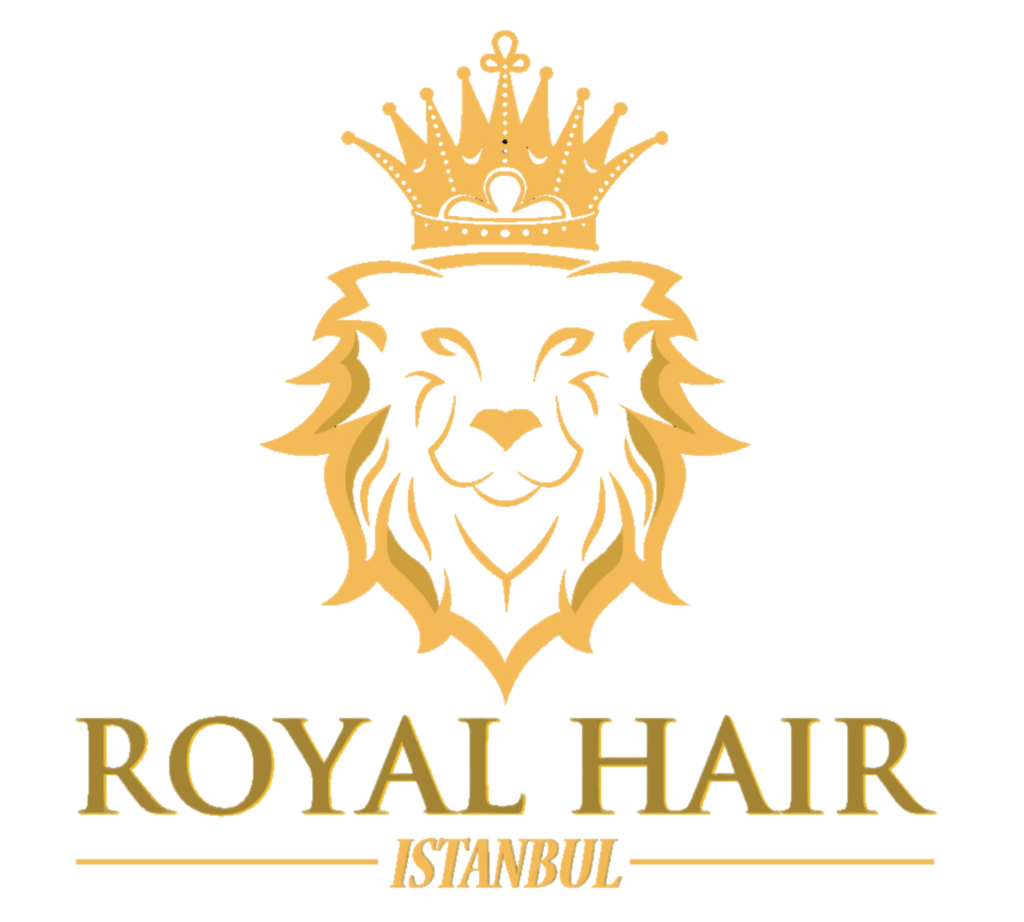Zirconium Crowns
home
Zirconium Crowns
Dentistry Services

Unlock Your Confidence Today!
Book Your Consultation for Transformative Aesthetic Services
Zirconium Crowns in Turkey
Capture the Aesthetic Change in your smile with “Zirconium Crowns”. Zirconium Porcelain teeth provide excellent and aesthetic appearance with their light transmittance and strengthened structures.
What are Zirconium Crowns?
Smile makeover – Full Set Of Zirconium Crown
When tooth coating is required, biologically compatible materials should be used in the mouth. After using plastic biodent material on metal for many years, the use of porcelain over metal became popular in the 1980s. Especially in the last 30 years, porcelain making on metal as a porcelain tooth coating has become widespread all over the world.
However, the metal under the porcelain sometimes causes allergic reactions in some people. Gingival bruising, which causes major aesthetic problems in the anterior tooth area, has also been one of the disadvantages of metal-based porcelain tooth coatings. For this reason, intensive studies were started on full ceramic reinforced porcelains in the 1990s. However, no matter how much the porcelain material is strengthened, the use of only ceramics, especially in dental bridge applications, has not yielded successful results without infrastructure material.
At this point, the use of zirconium material, which replaced the metal infrastructure, came into play and in a short time, the properties of the zirconium infrastructure were improved and almost as durable as metal and much more aesthetic infrastructure applications than metal could be made.
Zirconium is used as a substructure material in dental coatings that replace the upper part of the tooth that is visible in the mouth around the damaged teeth.
Dental crowns treated with porcelain on zirconium substructure are called zirconium tooth crowns today. When it comes to zirconium crowns, zirconium crown crowns are expressed. While traditional porcelain crowns are attached to the teeth with metal support, durable and aesthetic dental veneers can be obtained with zirconium without metal.
How long will a Zirconia Crown last?
How long will a zirconia crown last?
Providing the patient submits to regular dental controls, zirconia crowns can last for many years. Natural teeth are living tissues, and may become deformed over time due to wear and infections, whereas zirconia crowns are resistant to change over time. However, changes of the mouth structure later in life may cause the zirconia crown to be adapted or replaced where necessary.
Will there be any damage to the underlying natural tooth in the event of the zirconia crown being replaced?
The patient will not feel any discomfort when the crown is removed, and there will be no loss of the natural underlying tooth tissue.
What are the aesthetic benefits of zirconia crowns?
Due to the light transmittance properties of the zirconia material the crown will have the same natural appearance of the patient’s existing natural teeth. Light passes through the enamel of healthy teeth, whereas, the metallic base of conventional porcelain crowns create an opaque, dull and artificial look to the teeth – zirconia crowns eliminate these aesthetic problems.
Can zirconia be used for those who are allergic to metals?
A zirconia crown does not contain any metal material, thus does not cause any allergic reactions.
Do zirconia crowns cause discoloration in future?
The polished and smooth surface of zirconia crowns does not allow for the accumulation of plaque, and neither does it allow for discolouration caused by tea, coffee and smoking.
Will zirconia affect the sense of taste or cause bad breath?
The use of zirconia will not cause any adverse effects to the mouth of the patient.
How is a zirconia crown attached?
The surface of the patient’s natural tooth is reduced very slightly. This may cause some swelling to the surrounding gum. When the swelling has reduced, a dental impression is taken. In our in-house laboratory, a zirconia base is produced matching the colour of the natural teeth. This is then given a fitting trial with the patient. Final adjustments are made, polishing takes place and the final result is permanently cemented into place. The patient can then use the zirconia crown as if it were their natural tooth.
Zirconium Crowns Procedure
How much tooth loss is required during the process?
As with the preparation for fitting a porcelain crown with a metal alloy base, the surface of the natural tooth is ground down by about 1-2 mm, with loss of material being slightly higher than when fitting a porcelain laminate.
Is the procedure painfull?
The procedure is undertaken with the use of a local anaesthetic. A temporary crown, matching the patient’s own teeth colour, is then attached to prevent sensitivity to cold or hot. A few patients might experience a mild tingling during the procedure, but generally the procedure is usually completed without problems.
Are there any aesthetic problems experienced during treatment?
A temporary zirconia crown will be attached for the front teeth of a similar design to the final permanent zirconia crown. This temporary crown is made of an acrylic material and not overly strong; however the colour match and shape will be very satisfactory.
Is it likely that a zirconia crown can break or be dislodged?
Zirconia crowns may crack or break in the case of excessive or adverse force. The possibility of breaking or cracking is similar to the possibility of breaking a natural tooth. These problems can be cared for at our clinic. Zirconia crowns may fall out if the natural tooth supporting it beneath decays. In such cases, the tooth is treated where possible, and the crown is again cemented in place.
Can zirconia crowns be offered to people gingival disease?
There is no reason not to attach a zirconia crown after the gingival disease has been adequately treated.
